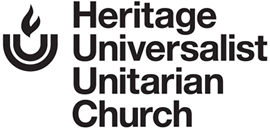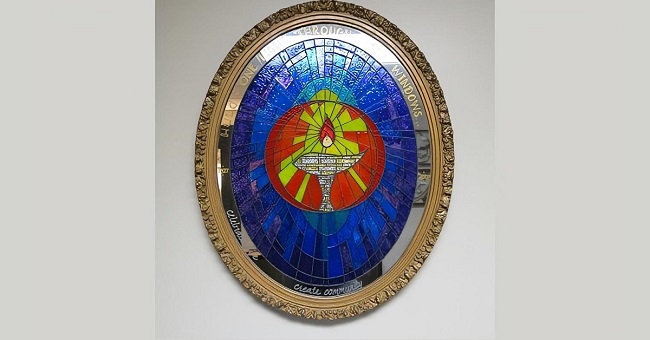by Mike Roberts, Church Historian
January marks the annual attempt to set resolutions for the new year to come. However, to resolve anything regarding next year is enmeshed with the uncertainty of COVID-19. It is difficult to foresee where any of us might be in just a few months let alone at the end of the calendar year.
Making resolutions is much akin to setting goals. In July of 2005, our Board of Trustees produced a Mission and Vision statement and from this produced a set of goals for the future. How well did we do in accomplishing these “resolutions”?
The Mission and Vision statement announced that:
We are here because we need each other for our hearts, minds and spirits to grow, because our children need us for their own growth, and because the world needs our action for compassion and justice to grow.
We are here to celebrate the mystery and wonder of life, to share our joys and sorrows, and to care for each other and for the world at large.
We are here to welcome people of all beliefs, to value diversity of all types, and to offer a safe place to explore all questions with honesty.
With the strength that comes from community, we move forward with courage into the future, sharing our principles with an ever-widening circle of people, until the world is infused with the values that are the special aspirations of our faith.
With this Mission and Vision statement, goals were set to accomplish these ideals. They were:
To nurture community for our personal growth…
— The church must develop an overall volunteer strategy. This could include recruitment, the creation of an inventory of volunteer talents and need, education of volunteers and coordinating, supporting and recognizing volunteers.
— The church must create an environmentally responsible outdoor chapel. This would mean creating in the woods south of the church building, an outdoor area for worship.
To nurture community for our children and youth…
— This could include promoting social and fun activities as well as joint youth activities with other UU churches and community groups. Sleepovers could be held at Heritage. Peer offsite activities could be coordinated and a space or game room for pre-teens could be created.
— Provide regular children’s worship through the adoption of new models of education and worship. A combined worship for the first twenty minutes of the Sunday service could be offered as well as adult and children’s education the hour prior to the service. Children’s worship could be led by adults with themes directed towards the youth.
To nurture community for the world outside Heritage…
— We could speak out on and promote our UU values as they relate to issues of the day by holding events with speakers and doing interviews with media. Topics can include current political, social and economic issues. We could encourage members to write letters to editors and have the minister offer inter-faith prayers at public events.
— We could provide avenues for the involvement of Heritage members, friends and youth in social action, social justice and community based organizations. Examples include volunteering in local organizations, working on war issues, working to repeal the “Defense of Marriage Act” and involvement in environmental groups.
— Encourage the use of Heritage space for meetings and community functions consonant with our own values. We could reach out to appropriate groups. The meeting could be used for meetings of AA, the Literacy Council, and faith communities whose services are held on times other than Sunday mornings. Lectures, concerts and performance art could be offered.
How did we do in accomplishing this vision? We’ll let you decide but it seems our current operation includes many of these admirable goals.
As you look into our murky future and attempt to create your own personal goals for 2021, may the new year bring smiles, hope and a sunny optimism about what the upcoming year holds for you and your Heritage family.

